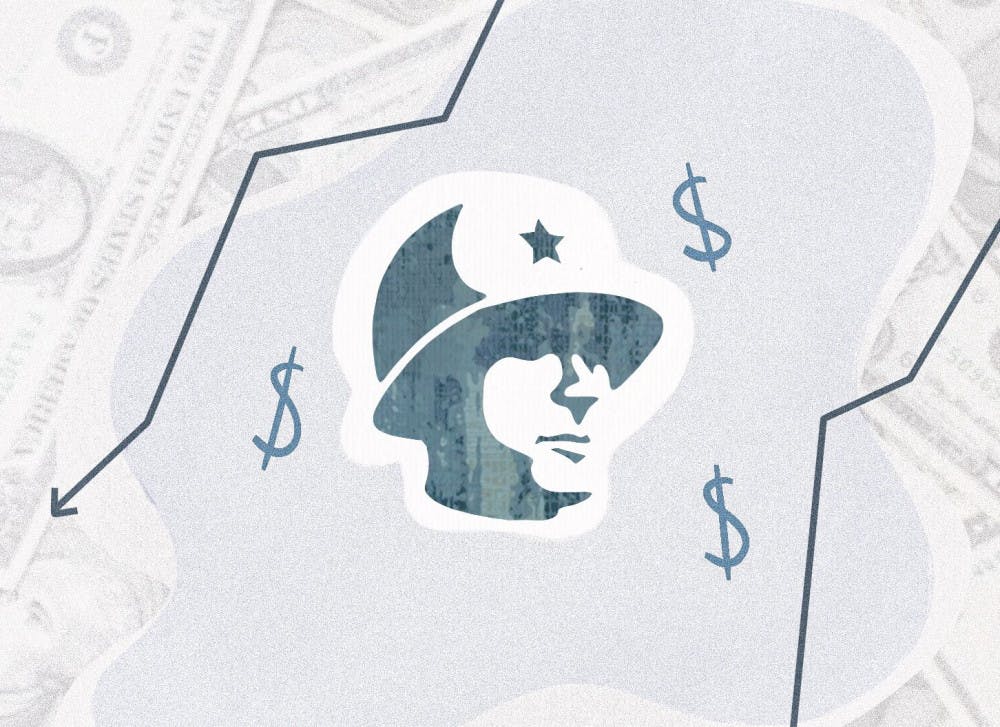
The COVID-19 pandemic has forced Jim Lynch to stay home since March. Slowly, his life is returning to normal.
Lynch is a 70-year-old retired veteran, and is currently listed as disabled by Veteran Affairs, an agency that provides healthcare services to eligible military veterans. Lynch is one of many veterans in Gainesville who rely on these services.
VA centers in Florida have been funding virtual appointments for veterans during the pandemic and providing in-person medical appointments. The Florida Veterans Foundation, in collaboration with the American Legion, has set up a Coronavirus Emergency Assistance Fund to provide veterans with utility bill assistance, mortgage relief and food assistance.
However, said Lew Wilson, president of the foundation, the fund is running dry.
According to the Florida Veteran Foundation, the program is privately funded and not equipped to meet the expected demands of Florida’s veteran community in the coming months. Without further donations, the program will be unable to provide crisis support to veterans in need, Wilson said.
The pandemic has only exacerbated those needs. Out of Gainesville’s veteran population of about 5,534 people, 335 have tested positive for COVID-19 according to the U.S. Department of Veteran Affairs.
Lack of transportation serves as a barrier to veterans seeking medical and mental health services, Wilson said. Many are unable to afford a vehicle or the costs associated with Ubers or taxis.
“When veterans check out of the hospital, they don’t have anybody to pick them up and are unable to get home,” Wilson said.
The Florida Veterans Foundation negotiated free rides for more than 200 veterans with Uber, which provided $7,000 worth of transportation for the month of June.
The funding ran out this month, Wilson said. The free ride program was discontinued.
“This is a huge stressor for a lot of patients, and is overall a very stressful time,” said Dr. Ilona Schmalfuss, chief of staff of the North Florida/South Georgia Veterans Health System.
Fortunately, the shift toward digital services during the pandemic has provided an opportunity for veterans to receive treatment or consultation from home, she added.
The North Florida/South Georgia Veterans Health System has provided iPads for veterans who lack proper technology for virtual visits..
Though the majority of veteran services are being conducted remotely, some veterans like Lynch still need to visit the medical center regularly for in-person blood work. His wife drives him.
Prior to retirement, Lynch served as the director at the Alachua County Veteran Services Division. He worked with veterans to help them receive housing, financial aid and medical services.
Donations are imperative to keep the division running, said Kim Davis, the current director. Since the pandemic spread, Davis has been meeting with clients virtually to help build the claims they need to receive financial or medical assistance.
The Florida Veterans Foundation is accepting donations on its website, where people can donate in memory of a veteran, or “shop to donate,” in which a percentage of purchases is donated to the foundation.
The Ambassador program allows individuals to assist veterans in crisis with assistance, outreach and education through a yearly donation of $1,000 for three years, or one lump sum of $2,800.
“Our focus right now is to help those directly affected by the COVID-19 pandemic,” Wilson said. “They already defended our country, and it is our turn to step up for these brave soldiers.”
COVID-19 forced him inside, but Lynch said life is slowly going back to normal. He traveled to Palatka, Florida, this week and ate lunch on the St. Johns River with his wife for the first time in months.
Veterans seeking assistance can visit the Florida Veterans Foundation’s website at https://helpflvets.org/covid-19-support/





